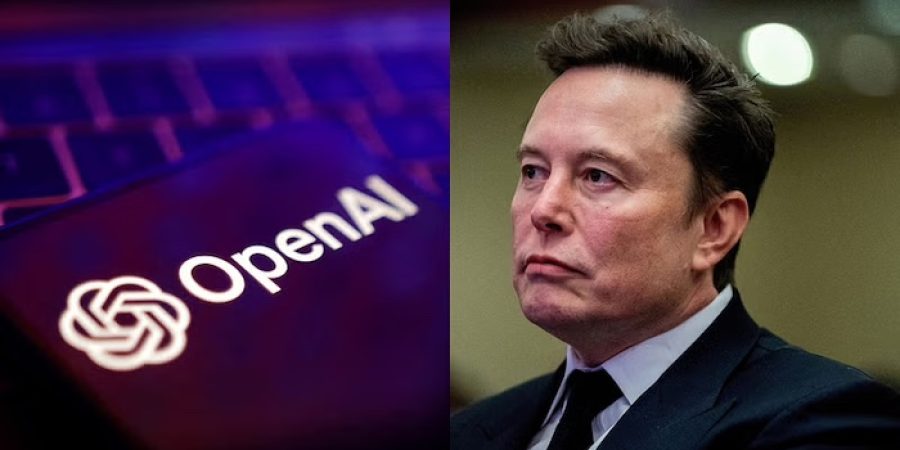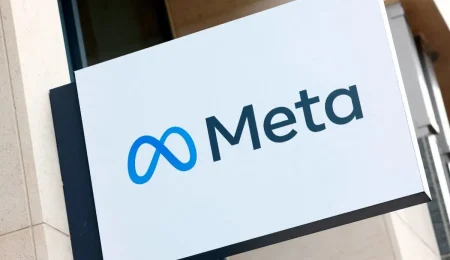Billionaire entrepreneur Elon Musk’s artificial intelligence startup, xAI, filed a lawsuit against Apple and OpenAI in a US federal court in Texas on Monday, accusing the companies of conspiring to stifle competition in the rapidly growing artificial intelligence market.
According to the lawsuit, Apple and OpenAI have “locked up markets to maintain their monopolies and prevent innovators like X and xAI from competing.” The filing alleges that Apple’s partnership with OpenAI, which brought ChatGPT integration into iPhones, iPads, and Macs, unfairly disadvantages rival AI products.
“If not for its exclusive deal with OpenAI, Apple would have no reason to refrain from more prominently featuring the X app and the Grok app in its App Store,” the lawsuit stated. xAI is seeking billions of dollars in alleged damages.
Responding to the suit, an OpenAI spokesperson said, “This latest filing is consistent with Mr. Musk’s ongoing pattern of harassment.” Apple has yet to comment on the matter.
Earlier this month, Musk threatened to sue the Cupertino-based tech giant, claiming on his social media platform X that Apple’s practices “make it impossible for any AI company besides OpenAI to reach #1 in the App Store.”
OpenAI’s ChatGPT has seen meteoric growth since its launch in late 2022, becoming the fastest-growing consumer app in history. Meanwhile, Musk’s xAI, launched less than two years ago, competes directly with Microsoft-backed OpenAI and Chinese AI startup DeepSeek. In March, xAI acquired X for $33 billion to strengthen its chatbot training capabilities and has since integrated its Grok chatbot into Tesla vehicles.
Legal experts say xAI’s claims could gain traction due to Apple’s dominance in the smartphone market, which may strengthen allegations of anti-competitive practices. However, Apple is expected to argue that its partnership with OpenAI was a legitimate business decision and that it has no obligation to promote rival AI platforms.
“This case could provide courts with their first opportunity to define the boundaries of the AI market in antitrust law,” said Christine Bartholomew, a law professor at the University at Buffalo. “It’s a canary in the coal mine in terms of how courts will treat AI, and treat antitrust and AI.”
Faridah Abdulkadiri
Follow us on:



